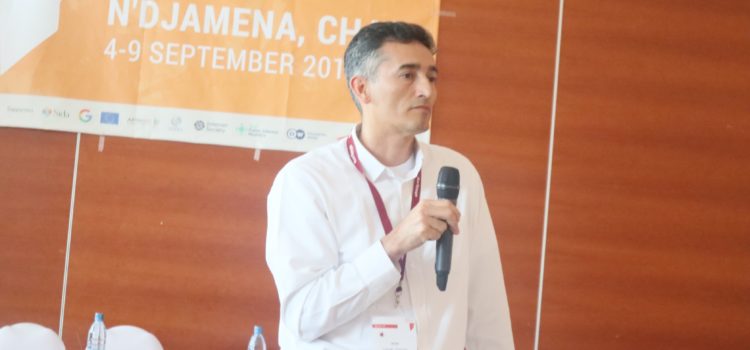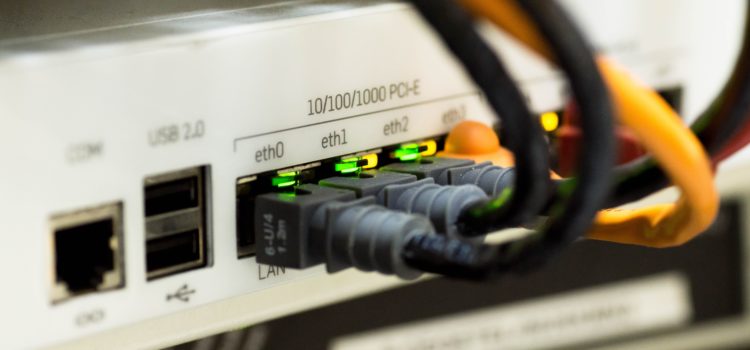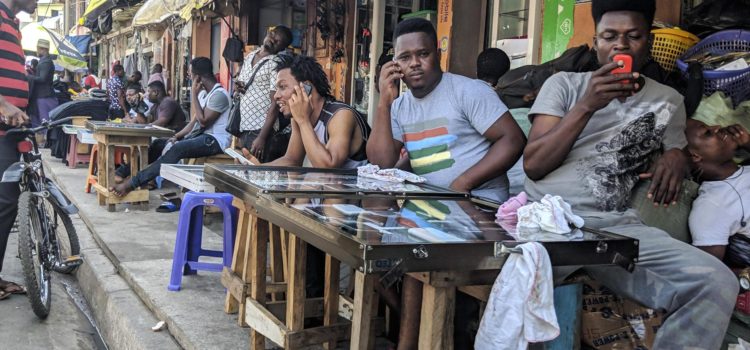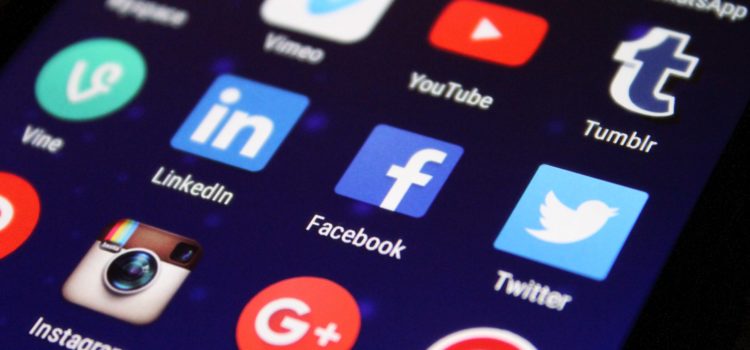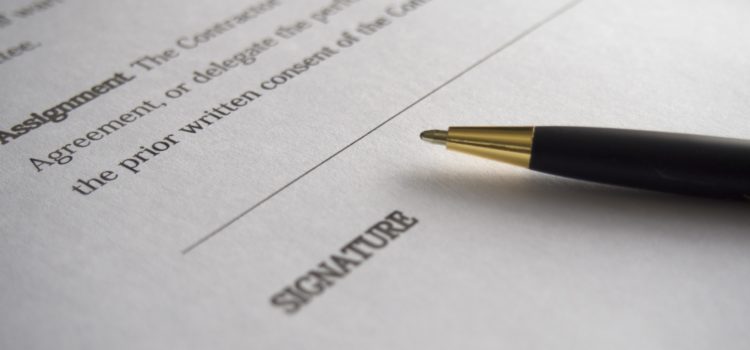It is my hope that deliberations and inputs gathered during the panel discussion would form part of the continent’s report, especially notably the time paid in detailing Africa’s position in the digital economy.
The African IGF and the efforts on building a roadmap on ICT at a continental level


